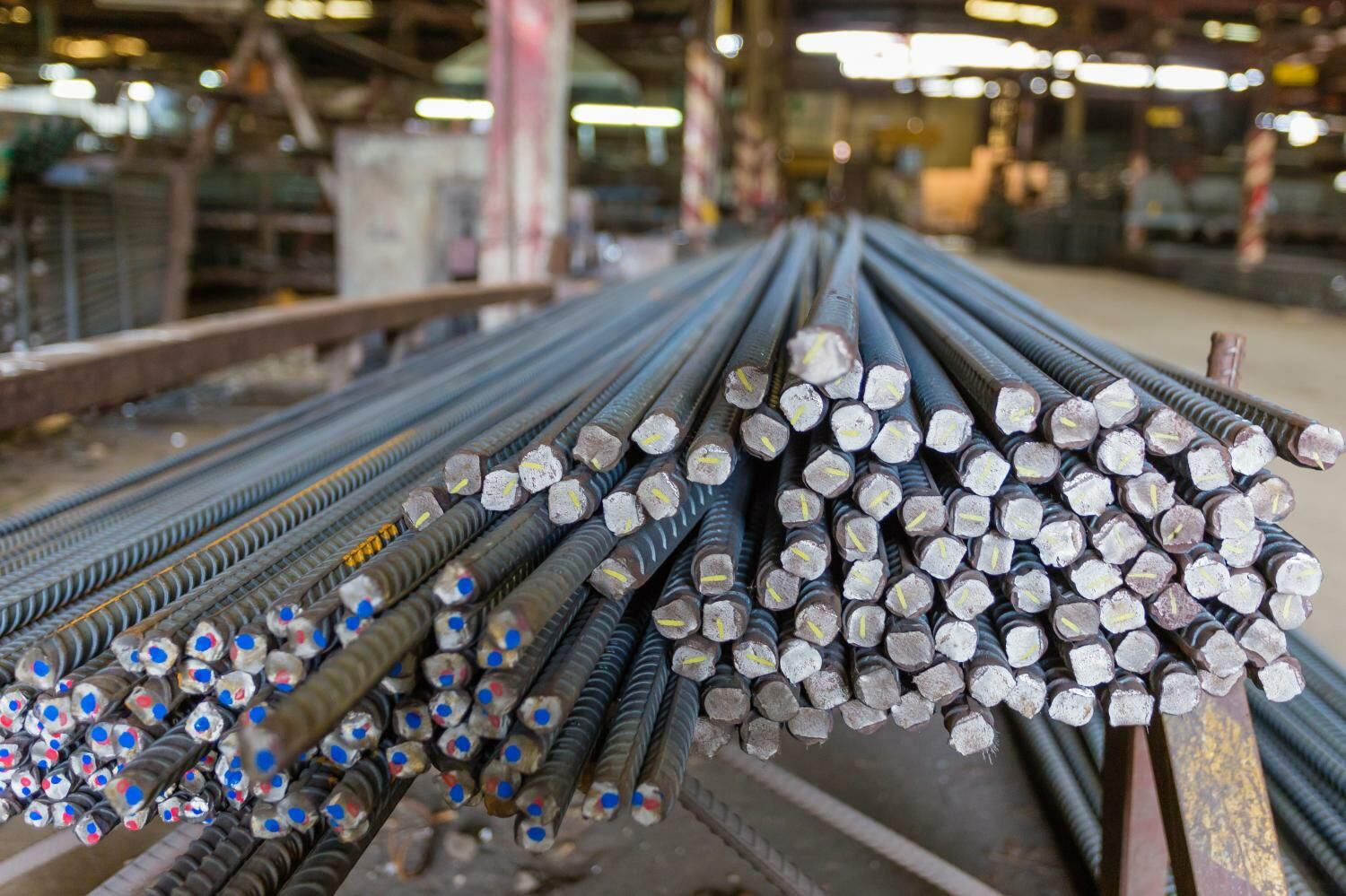Thailand factory closures surge as cheap imports hit local industries

Factory closures in Thailand have surged this year, with local electronics, steel, and plastics manufacturers bearing the brunt as demand declines and cheap imports inundate the domestic market, according to the Industry Ministry.
The closures were evaluated based on the investment value of the affected factories. Electronic parts and printed circuit board factories topped the list with an investment value of 2.29 billion baht (US$62 million), said Industry Minister Pimphattra Wichaikul.
Second on the list were steel and iron factories, with investments amounting to 1.45 billion baht (US$39 million), followed by plastic manufacturing facilities valued at 930 million baht (US$25 million).
From January to May, 488 factories across various industrial sectors ceased operations, Pimphattra noted, citing data from the Department of Industrial Work. These closures represent a combined investment value of 14 billion baht (US$380 million).
During this five-month period, 12,551 workers were laid off as companies struggled to remain competitive against foreign rivals offering lower-priced products. Some local manufacturers attempted to mitigate the issue by relocating production to neighbouring countries to leverage free-trade agreements, she added.
The EAF Long Product Steel Producers Association previously indicated that several local steel manufacturers face potential closure this year due to competitive pressures from Chinese imports. The influx of Chinese steel has significantly impacted Thailand’s steel industry, reducing capacity utilisation to a mere 28% between January and February, the association reported.
The Office of Industrial Economics revised its forecast for Thailand’s Manufacturing Production Index, predicting it will either remain flat or increase by 1% year-on-year in 2024. This is a downgrade from earlier growth projections of 2-3%, reported Bangkok Post.
Despite the downturn in several sectors, the Industry Ministry highlighted that some entrepreneurs, particularly in the food, animal feed, and fertiliser industries, are forging ahead with new investments. Between January and May, these sectors saw the establishment of 848 new factories, with a total investment value of 149.8 billion baht (US$4 billion), said Pimphattra.
“Local manufacturers cannot compete with rivals who sell products at lower prices. Some decided to solve the problem by relocating their production facilities to neighbouring countries to take advantage of free-trade agreements.”
The outlook for Thailand’s manufacturing sector remains mixed, with some industries facing significant challenges while others continue to invest and expand.
Latest Thailand News
Follow The Thaiger on Google News:


























